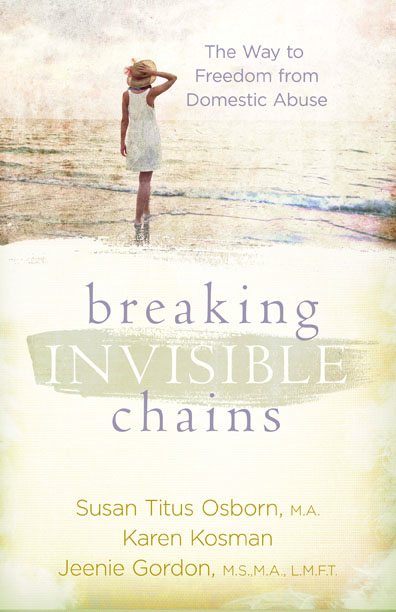When a publishing house pays in excess of a certain dollar amount to an individual within a year’s time, currently $600, they are required to report it on a Form 1099 to you and the IRS. These forms reflect income you’ve earned during the year. Make sure you keep these with your tax records. Often a publishing house will send you a 1099, even when your payment is under $600. Be sure to report all 1099s on your income tax return.
Let me reemphasize that even if you did not make a profit, you can still fill out a Schedule C, claiming your expenses for the year. Save your rejection letters. They are excellent, documentary proof of your intent and effort to earn money as a writer.
Keep a ledger and save your receipts. Quicken and Excel are excellent computer programs for tracking your income and expenses. Some of the deductible expenses you need to keep track of are your stamps, business card expenses, stationery supplies, computer supplies, publications, books on writing, writing conferences, and dues to writing organizations. They add up quickly. You can also deduct travel costs for business purposes, as well as a percentage of your meals and entertainment, if they are directly related to your freelance writing.
More tips will be given in next week’s blog.


